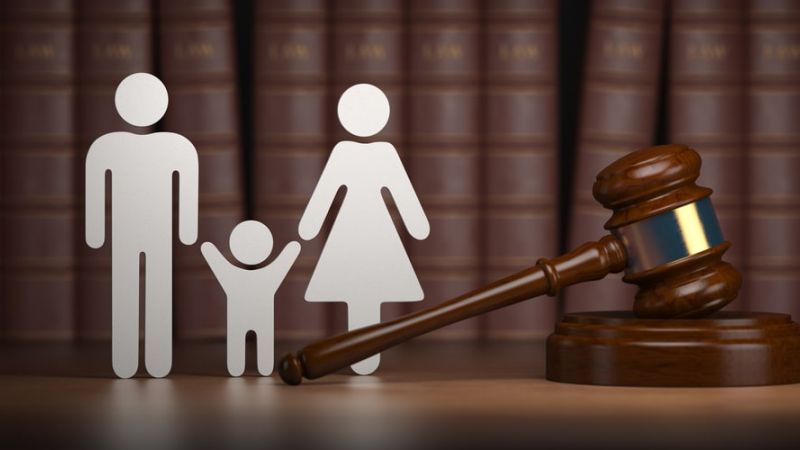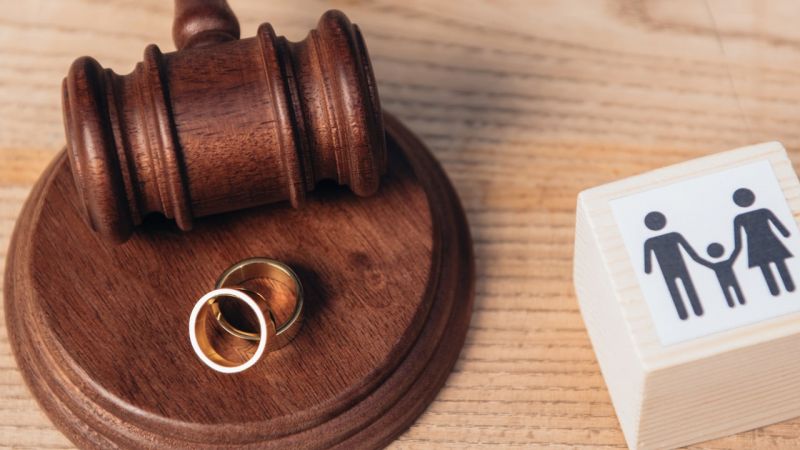

Family Law Practices
Our Office Locations
Downtown Chicago
440 W Randolph Ave, 5th Floor
Chicago, IL 60606
New Clients: 312-288-3057
Highland Park
595 Elm Place Suite 225
Highland Park, IL 60035
New Clients: 312-288-3057
Hinsdale
40 E. Hinsdale Rd. Suite 202
Hinsdale, IL 60521
New Clients: 312-288-3057
Metro Detroit
101 West Big Beaver Rd. Suite 1400 Troy, MI 48084
New Clients: 312-288-3057
At Merel Family Law, we understand that financial concerns are among the most stressful parts of ending a marriage. One of the most important issues we help clients address is how retirement accounts will be divided in a divorce. Retirement savings often represent a couple’s largest assets, and dividing them fairly takes careful attention to both state laws and long-term financial goals. If you are looking for a skilled and experienced Chicago, IL divorce lawyer who wants to help you save money, our team is available to guide you through this and any other part of your divorce process you need help with.
What Retirement Accounts Are Subject To Division?
In Illinois, any retirement account or pension earned during the marriage is considered marital property, regardless of whose name is on the account. This includes 401(k) plans, IRAs, pensions, and other employer-sponsored retirement plans. Even if only one spouse was a breadwinner who contributed to the account, the value accumulated during the marriage is typically subject to division in divorce.
Retirement accounts that were started before the marriage may still be partially marital property. The court will usually divide only the portion that grew during the marriage, while the rest remains separate.
How Retirement Accounts Are Divided
Illinois follows the rule of equitable distribution. This means that retirement accounts are not always split 50/50 but rather in a way that the court deems fair based on each spouse’s contributions, income, and future needs.
We often work with our clients and their spouse’s legal representatives to divide accounts using a Qualified Domestic Relations Order (QDRO). A QDRO allows the retirement plan administrator to split the account and transfer funds to the other spouse without tax penalties. These orders are required for certain types of plans, such as 401(k)s and pensions.
For IRAs and similar accounts, a direct transfer is often used. In order to avoid unnecessary taxes and to protect what was your long-term financial plan, it is important to know when and what method is best for you to do this.
Tax Considerations And Long-Term Impact
Dividing retirement accounts may trigger tax consequences if it’s not handled properly. That’s why it’s critical to use the right legal tools like QDROs and direct rollovers. We advise our clients to speak with their financial advisor or tax professional in addition to legal counsel to make informed decisions about their future.
It’s also important to remember that retirement funds are about long-term security. Giving up a portion now may affect when you can retire, your standard of living in retirement, or the ability to meet future goals.
Common Challenges We Help Address
Some of the most common issues we see with retirement accounts in divorce include:
- One spouse hiding or undervaluing accounts
- Disputes over whether an account is marital or separate
- Delays in preparing and processing QDROs
- Disagreements over account valuation dates
We help clients work through these problems with clear documentation, accurate account analysis, and court-approved legal strategies.
Work With A Team You Can Trust
At Merel Family Law, we take retirement account division seriously. We help clients protect what they’ve worked hard to earn and make sound decisions about their future. We know how much is at stake, and we’re here to guide you every step of the way. We have over 221 years of combined experience helping Illinoisans with their divorce and other family law matters. We are an award-winning firm that is locally and nationally recognized. If you’re thinking about divorce and have questions about how your retirement accounts may be impacted, reach out to our team. Let’s talk about how we can help you move forward.










